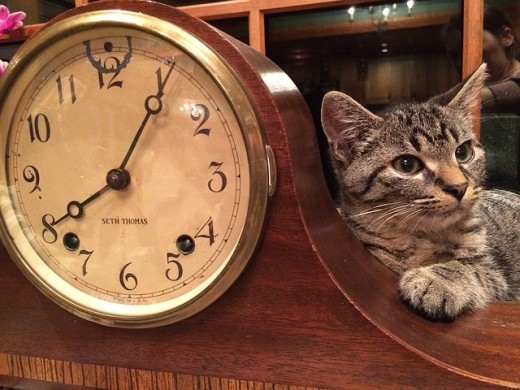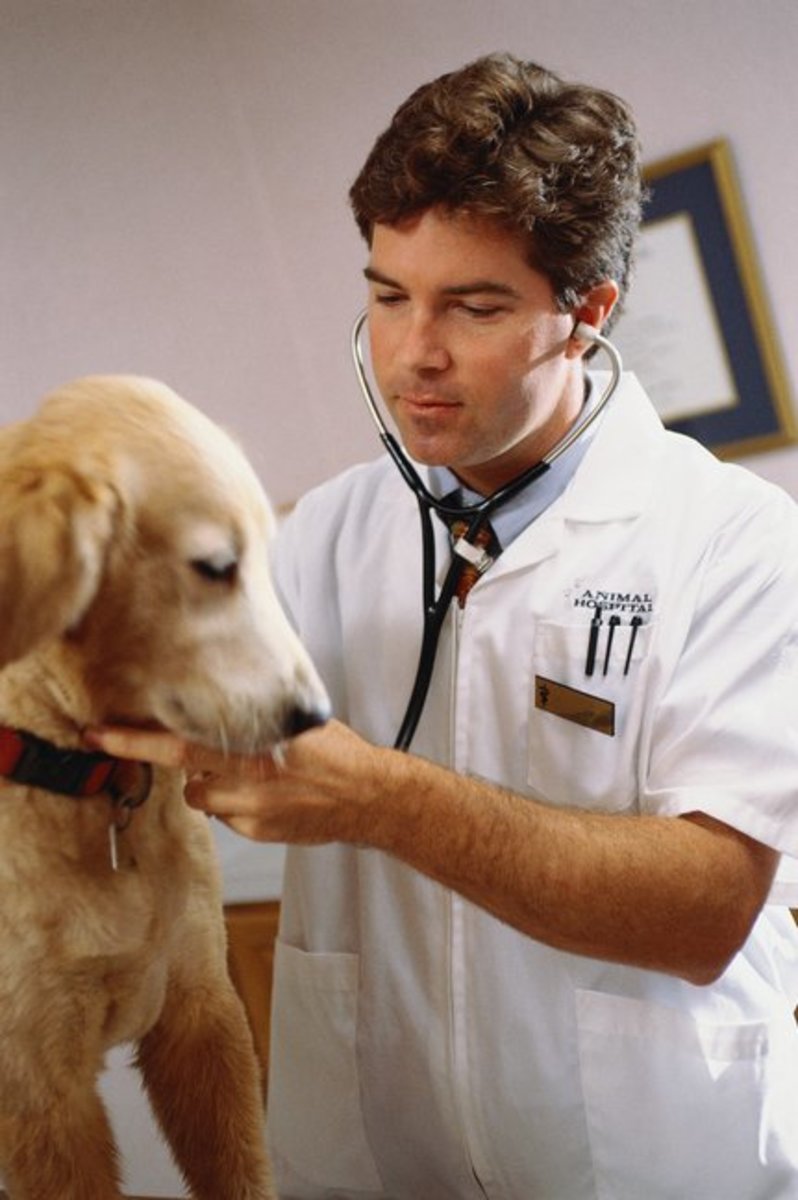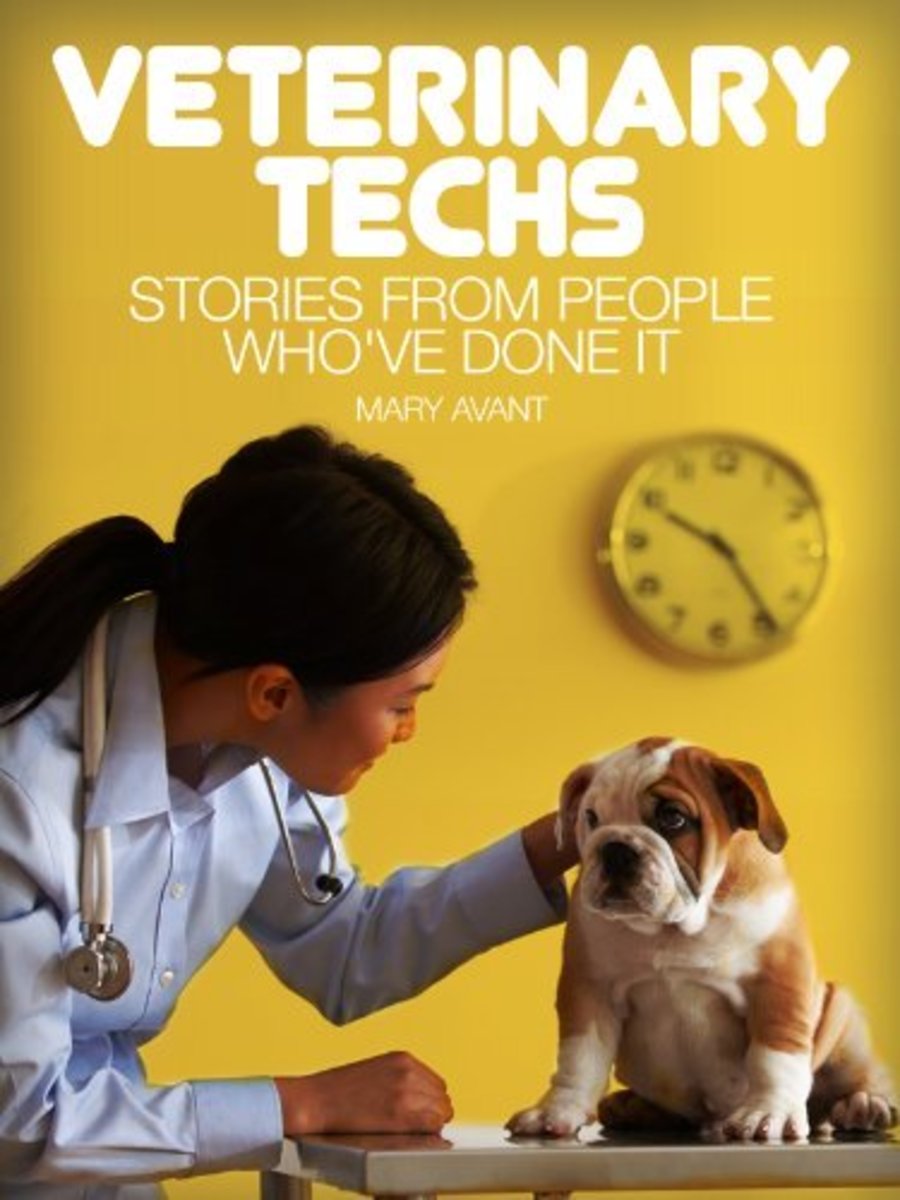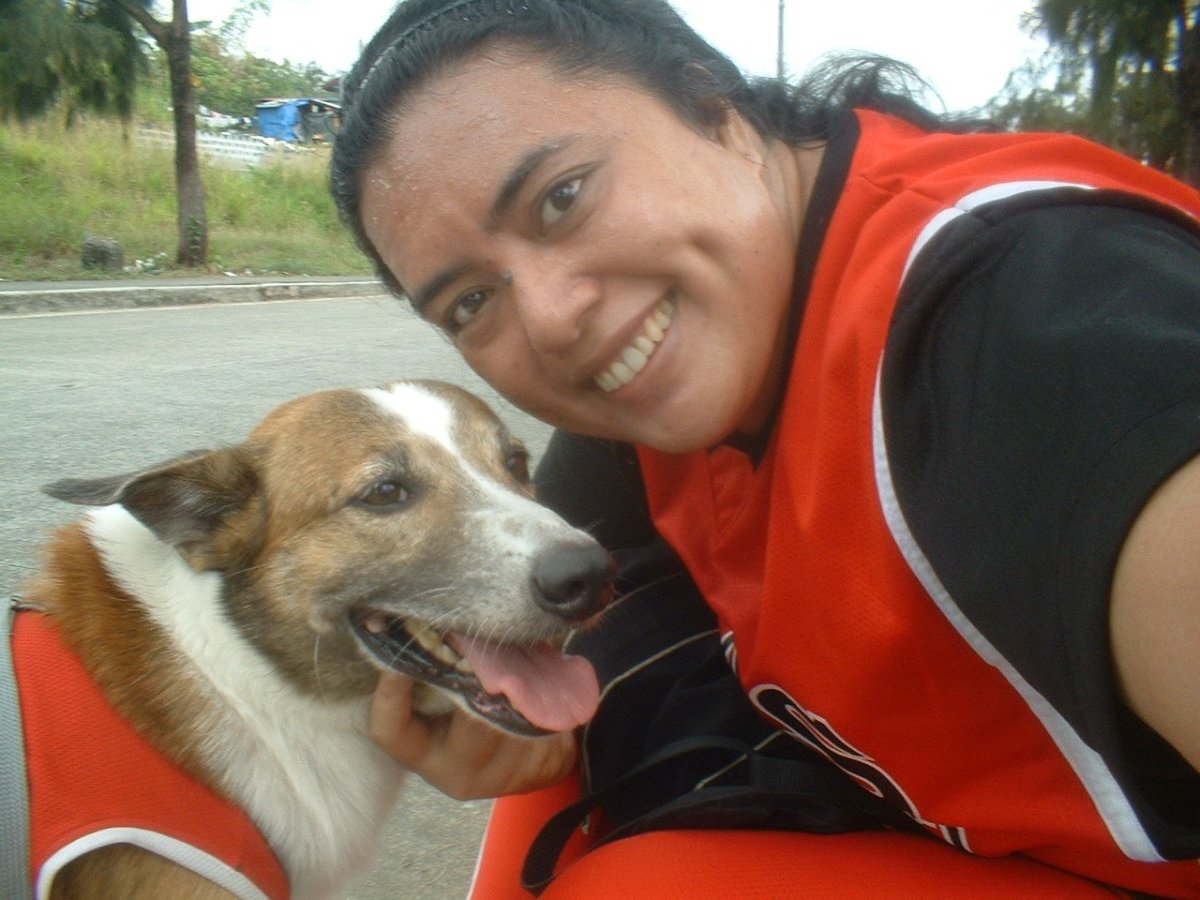5 Things to Do to Make the Most Out of Your Vet Visit
1. Be on Time
How This Helps
Many of us only take our pets to see the vet a few times per year, at most. The average appointment in a small animal practice is about 15-20 minutes. This means that our little fluff buckets only get to see their doctors for a very short period. Showing up for the time that you scheduled allows the veterinarian to give our animals their full attention, instead of having to rush in order to not be late for the rest of their appointments. Keep in mind that lateness in an appointment setting is cumulative. As more people are late, the veterinarian becomes more and more off schedule for the people who came in on time.
What to Do
Try to be 10-15 minutes early. This will give you time to fill out paperwork and get fluffy settled before your appointment starts. Sometimes, the vet will even be able to see you a few minutes early. Plus you'll avoid setting off or contributing to the lateness domino effect. The staff and other clients will appreciate it too!

Let's vote!
When do you normally get to the vet?
2. Know the History
How This Helps
Information is the key to being able to provide the best care. Veterinarians have their own records for patients, but they're not always as up-to-date or as comprehensive as ones that owners can give. This is especially helpful in an emergency situation, when it's best to start treatment as soon as possible. The earlier a care-giver knows important information such as allergies, the quicker they can begin to address the life-threatening situation.
What To Do
It can be difficult remembering your own health records, much less a pet's! Especially if you have multiple animals in your home.
A simple way to keep up with it all is to create a pet binder. Some of the basic information you should include is:
- Pet's name
- Pet's birthday
- Allergies
- Aggression issues - It would also be smart to explain what sets these issues off. For example, quick movements, touching a specific part of their body, ect.
- Vaccination status
- Food
- Past illness history
If you're bringing in your animal because it's under the weather, you should also have a brief outline of the symptoms that led you to call the vet. In addition you can write down any event that was out of the ordinary before the symptoms. In some cases, even knowing how much an animal has urinated or defecated can be extremely important.

Let's Vote!
Do you keep a folder or binder for your pet's information?
3. Tell the Truth
Why It Helps
There are actually two ways that telling the truth helps you make the most out of your experience at the vet. The first is that it will improve your relationship with your veterinarian. Believe it or not, your vet will know when you're lying the vast majority of the time. If there's a five pound tumor hanging off of your dog, they'll know that it didn't "just show up." If your cat is severely anemic because of a heavy flea infection, they'll figure out that you haven't been giving them monthly flea prevention. They'll get that you're trying to save some face because you feel sorry for letting it get this bad. But here's the kicker: it's okay to make mistakes. Your veterinarian will understand that you cared enough to take your animal to the hospital, and will work with you so the problem doesn't happen again.
The second is completeness of information. Diagnosing a problem relies heavily in knowing the correct symptoms. They can also determine the severity of a situation. If your cat hasn't peed in a a few hours...ehhhh. Alright, maybe we should keep an eye on that. If your cat hasn't peed in a few days, it may go into renal failure if we don't place a catheter right now.
What To Do:
The title says it all. Although veterinarians specialize in animals, they're still medical professionals. They'll be understanding and willing to work with you in most situations. It's okay to be embarrassed or to make mistakes. It's not okay to make your pets suffer any further because you didn't want to own up to them.

Let's Vote!
Have you ever lied to your vet?
4. Actively Listen to the Doctor
Why It Helps
This one should be pretty obvious. Going to the vet is the ultimate waste of time and money if you don't actually follow their recommendations. Try to remember that their job is to keep your pet happy and healthy. Not only that, but they went to higher education schools for eight years in order to learn how to do their jobs correctly. This doesn't mean that a veterinarian is always right. In fact if you're uncomfortable with a diagnosis, you should feel free to seek a second opinion from a different professional. However, it does mean that they know a great deal more than the general public about animal health.
What To Do
The wave of information that may hit you at a vet's office can be overwhelming. Sometimes, it can be liking speaking a whole different language. In order to make it more comprehensive, you can bring along some paper to jot down the main points. Many vets can even give you brochures and information packets on certain subjects if you want a deeper understanding.
You should also be asking questions, even if they sound dumb to you. This is especially true when it comes to alternative treatments. Although holistic and alternative medicine can be beneficial, there's a lot of misinformation out there and you want to avoid causing harm to your animal.

Let's Vote!
Do you sometimes have a hard time remembering what your vet told you?
5. Be Prepared to Pay
Why It Helps
Vet bills are awful...but so are all bills. The unfortunate truth is that it costs money to just provide a service, much less make a profit off of that service. Veterinarians have to pay for the vaccines they give your animal and for the x-ray machines that takes pictures of your animal. Not to mention paying off the $300,000 student loans that they racked up while in school. True, some places admittedly overcharge clients. However the vast majority of veterinary clinics charge according to how much a procedure costs them, plus a little more in order to make a profit.
Not only that but as stated before, diagnosing is the art of putting together information. Without the right pieces of the puzzle, it can be impossible to figure out what's going on with Fido. This is especially true when the patients are animals, and can't tell you verbally what they feel. Sometimes in order to make the correct diagnosis, vets need to do extra tests in order to get that necessary information.
What to Do
In short? Don't be angry when a vet can't diagnose an animal if you're not willing to pay for the procedures that will allow them to do so. This doesn't mean you should pour thousands of dollars that you can't afford on your pet. It also doesn't mean that you should give your animal a full work up every time you go to the vet. Instead it's an acknowledgement that your veterinarian is human, and can only do the work that you and your budget allows. Together you and the doctor can come up with the best option for both your wallet and your furry family member.









